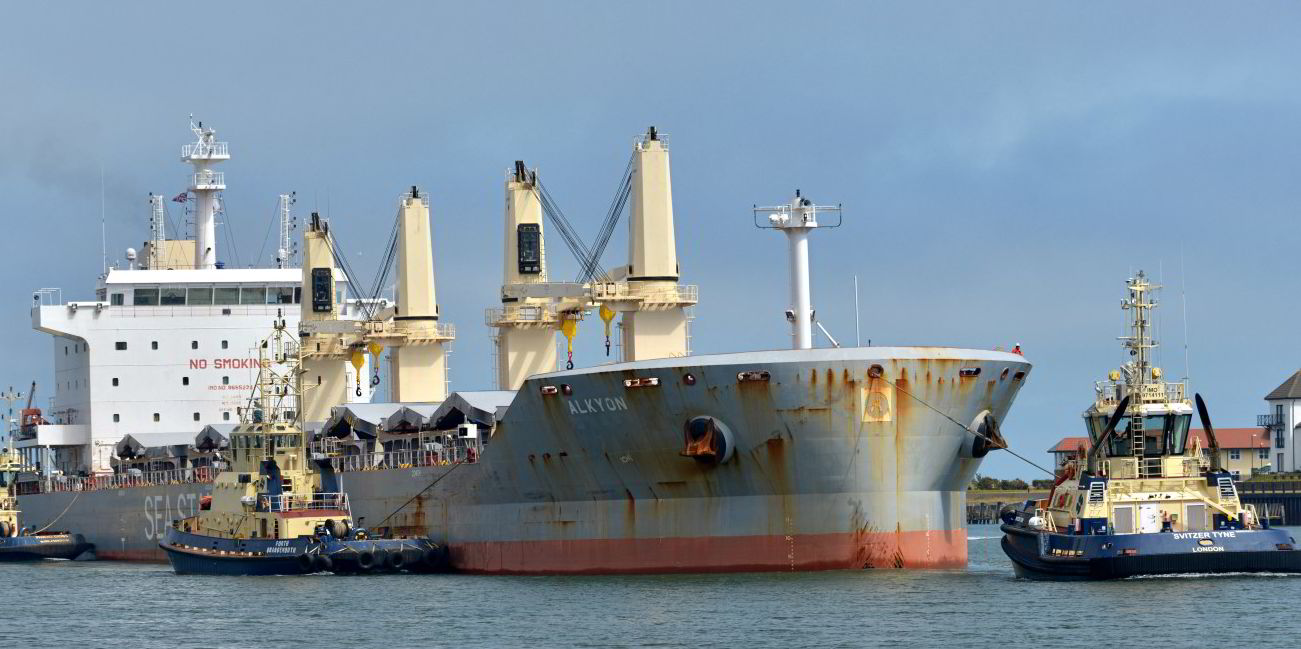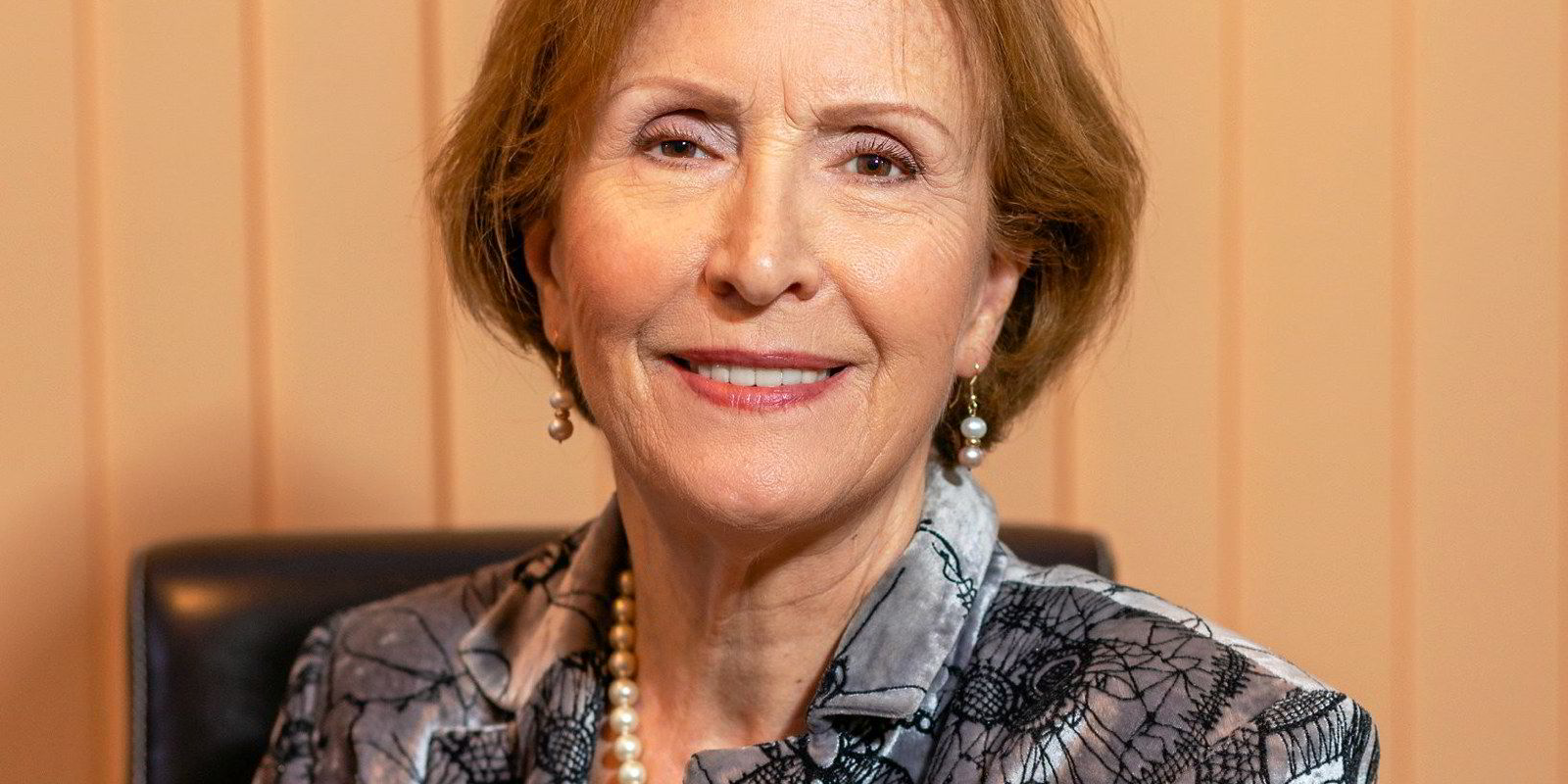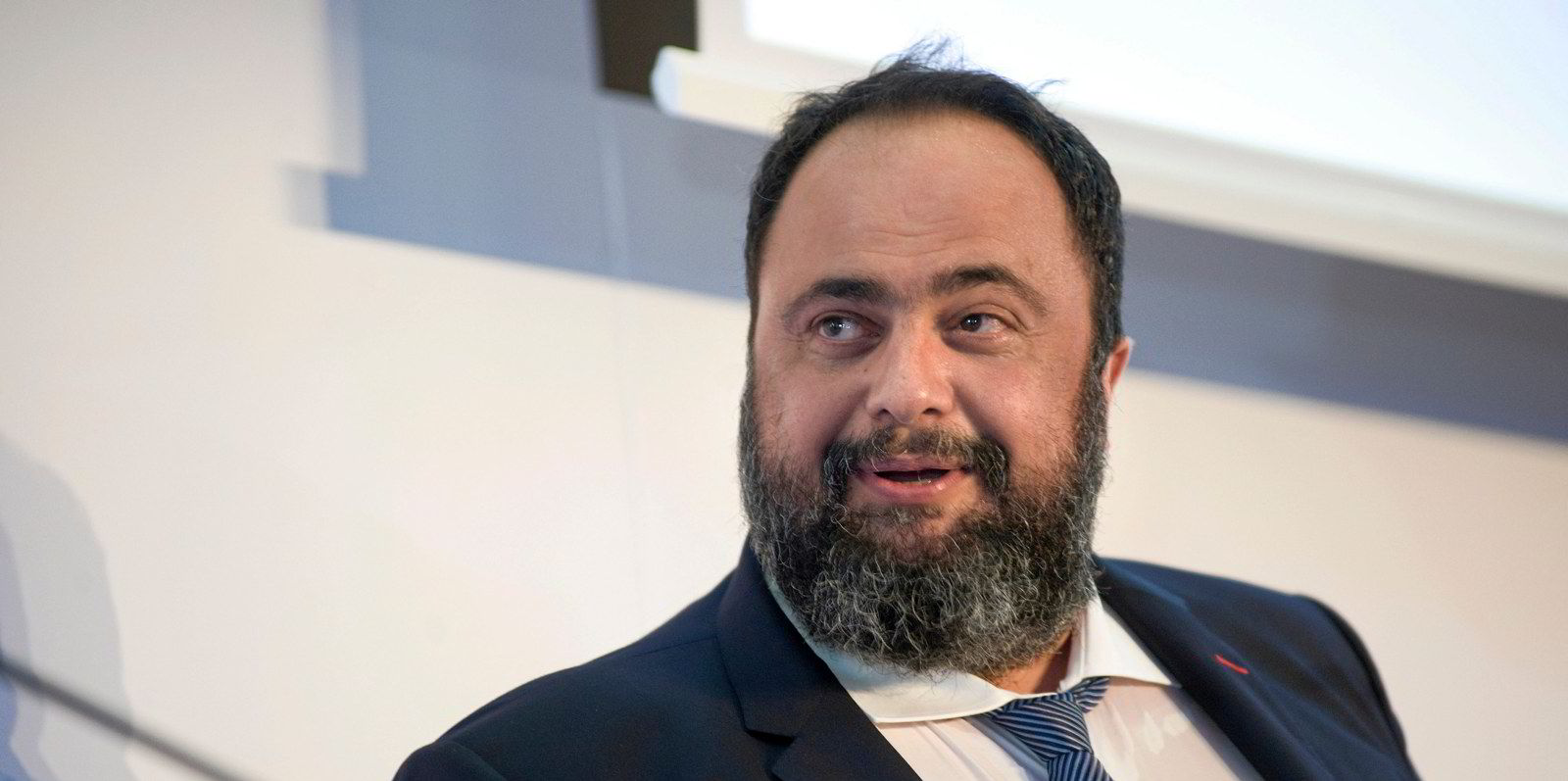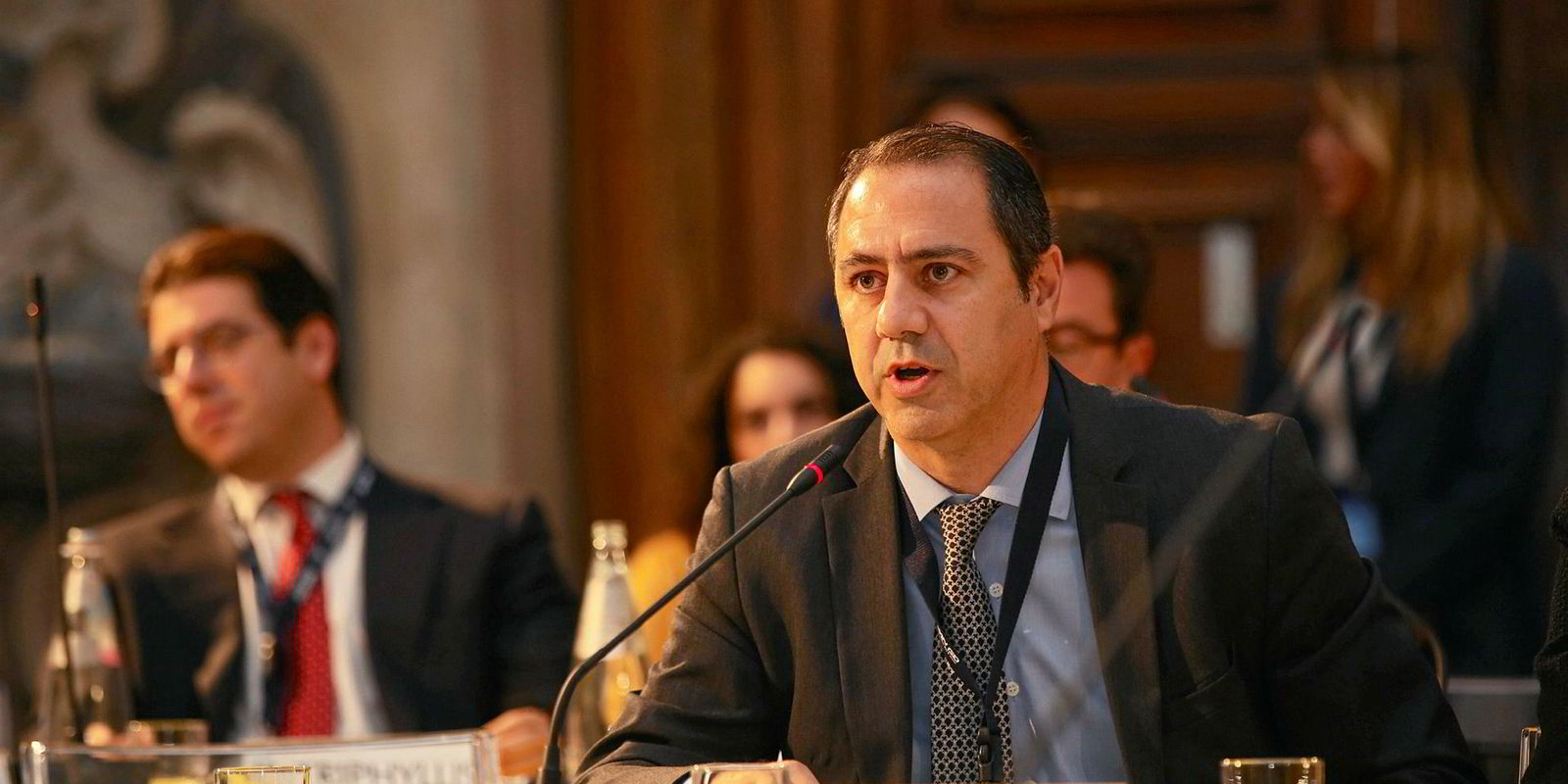Conflicting laws around the world make it too easy to get away with arresting ships on flimsy grounds, and the people standing in the way of legal reform are the lawyers.
London shipping lawyers, to be specific.
So believes one London shipping lawyer, Aleka Sheppard, who is spearheading an international campaign to reform and unify the law on what makes a ship arrest wrongful. After pushback from some of her fellow lawyers, she is now reaching out to the broader industry. The industry should listen.
The former HFW solicitor is an arbitrator and maritime lawyer with experience before both English and Greek courts, a professor at University College London and founder of the London Shipping Law Centre.
Her 2013 paper on the subject led Comite Maritime International (CMI) to create an international working group aimed at global reform.
“The law is wrong,” Sheppard said flatly, commenting on the English common law standard established in the same decade Bleak House was written in the 1850s. “But there is a great resistance to changing it.”
The motives for the resistance are commercial, she believes. England is a famously easy place to arrest ships, and its maritime lawyers like it that way. They have a strong brand to protect. Their business would suffer if plaintiffs had to pay up for arresting ships they had no business arresting.
Her reforming efforts target civil law jurisdictions as well, just less radically.
Continental courts use an inconsistent patchwork of definitions and criteria for awarding damages for wrongful arrest. But for Sheppard, the ideal solution would cover all jurisdictions: the United Nations should adopt an international convention and get it widely ratified by port states.
One issue for the wrongfully arrested in England is the lack of any demands for counter security before an arrest — unlike the case with a non-maritime freezing injunction.
But more basically, the common law effectively encourages illegal arrests by looking back to a poorly thought-out standard for arrest damages dating from 1858, when the British Privy Council decided the case of Antonius Xenos’ Evangelismos.
It was a case of mistaken identity.
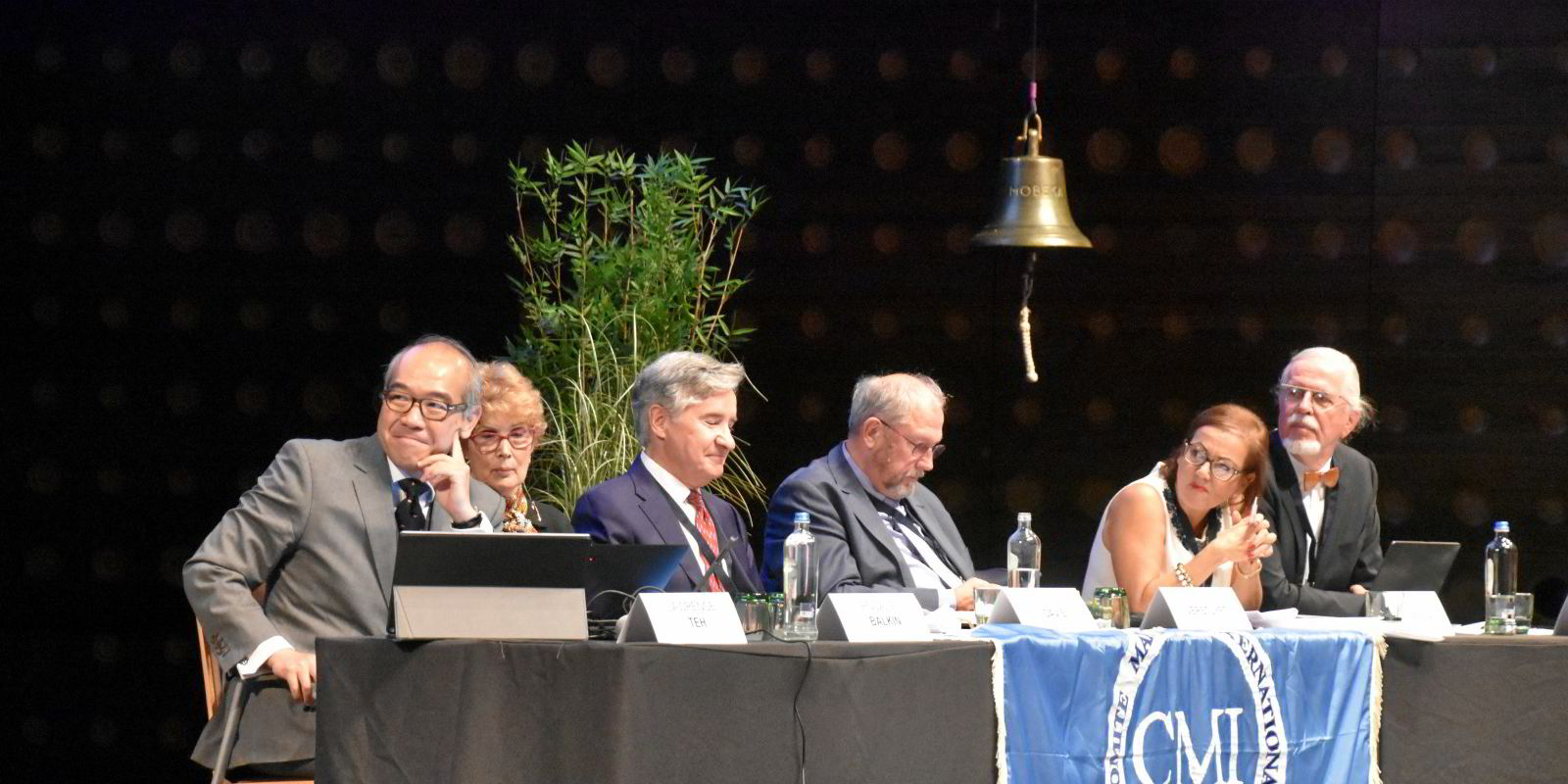
The Greek-owned brig turned up in London’s West India Docks one October morning looking like it might have been in a collision and an English shipowner arrested it, accusing it of having damaged his vessel, the Hind, the night before. The master of the Evangelismos was unable to put up £500 in security, so his ship had to sit for three months waiting for an indemnity to arrive from Constantinople.
In the end, the judges dismissed the case, because there was no evidence that the Evangelismos was the guilty vessel. Xenos sued for damages from its arrest.
The Privy Council, lacking any precedent in admiralty for damages from wrongful arrest, fatefully improvised a fix based on the standards governing malicious prosecutions of persons. On that basis, Xenos could not collect, because the Hind’s owner had not targeted him in bad faith or “with that gross negligence that implies malice”.
“That test sets a very hard mark to reach,” said Sheppard.
Xenos was hardly the last Greek who found his ship arrested in England on dubious grounds. The bad faith and malice standard continues to have a permissive effect on parties with dubious arrest claims.
In 2018, the prolonged arrest of Ariston Navigation’s 36,000-dwt Alkyon (built 2015) by NatWest Group — the successor of the Royal Bank of Scotland — spotlighted the common-law approach to wrongful arrests. The lender claimed the mortgage was in default but shipowner Yiannis Triphyllis contended that the claim was based on a “very materially off-market” valuation of the ship, and wanted counter security.
UN convention
Triphyllis lost, but the case provoked a Court of Appeals panel to discuss wrongful arrest at some length, drawing on Sheppard’s study.
Change is in the air but the way to a UN convention on the subject is a long one, and at present, the CMI effort has been hampered by the lack of participation by some of the national maritime law associations that make up the CMI.
At the recent Antwerp CMI meeting, Sheppard proposed going over the heads of their members and reaching out to the industry itself. That plan has the backing of CMI president Ann Fenech.
It also has the backing of the International Chamber of Shipping and deserves even broader support. Never mind the London lawyers.
